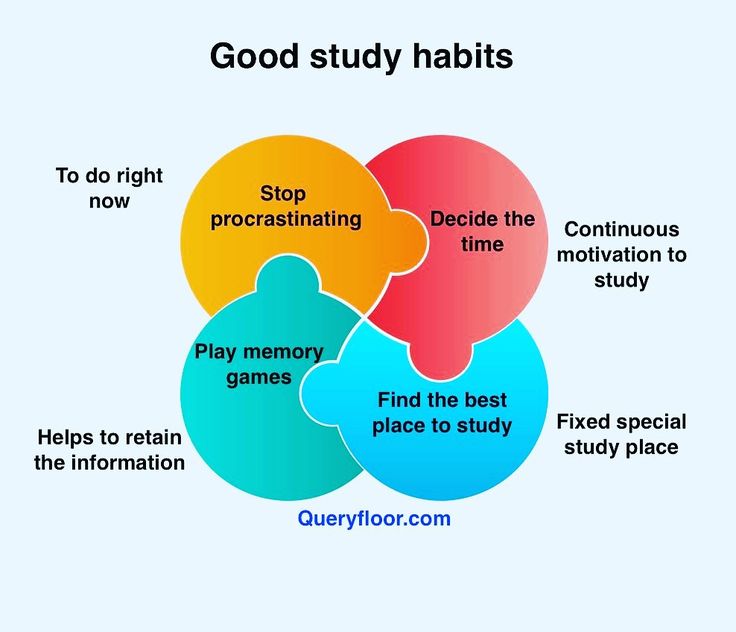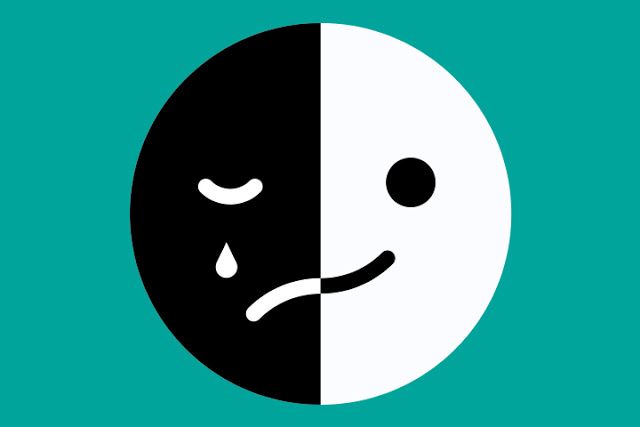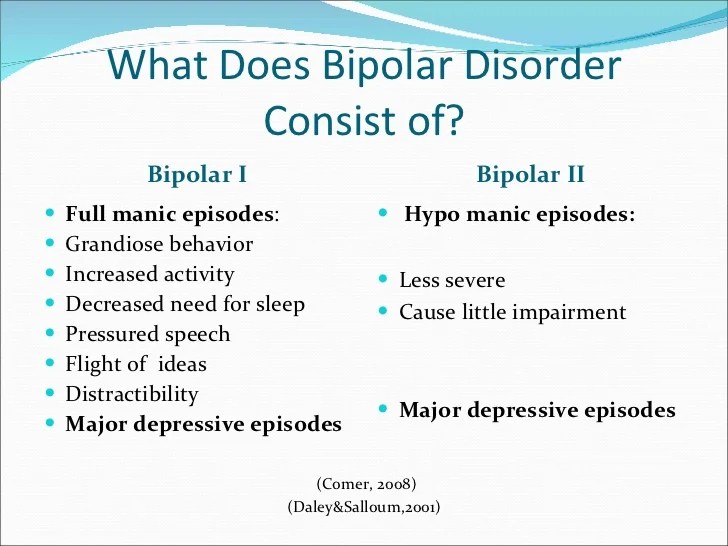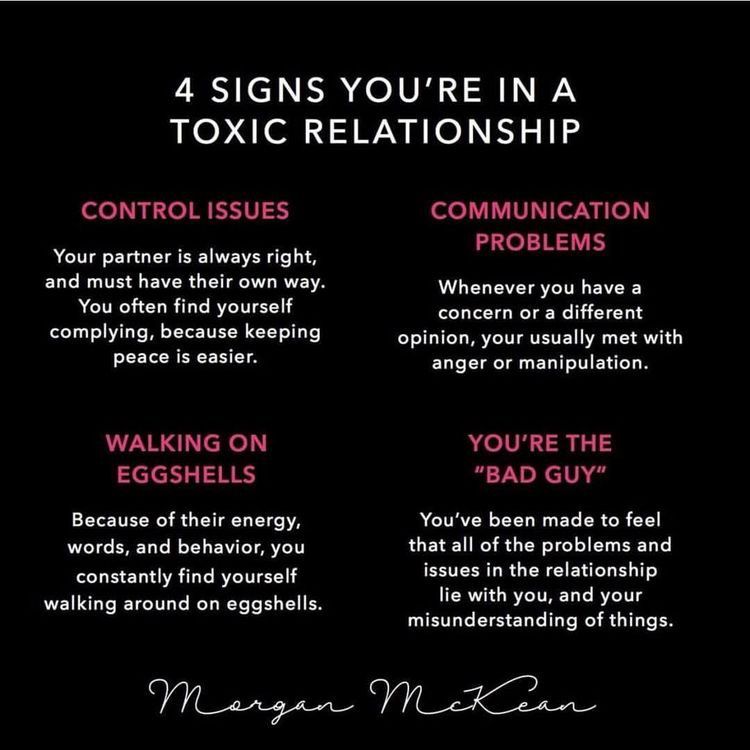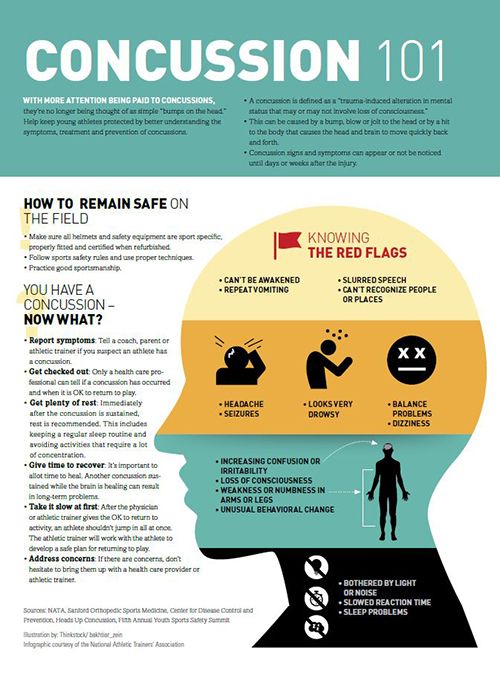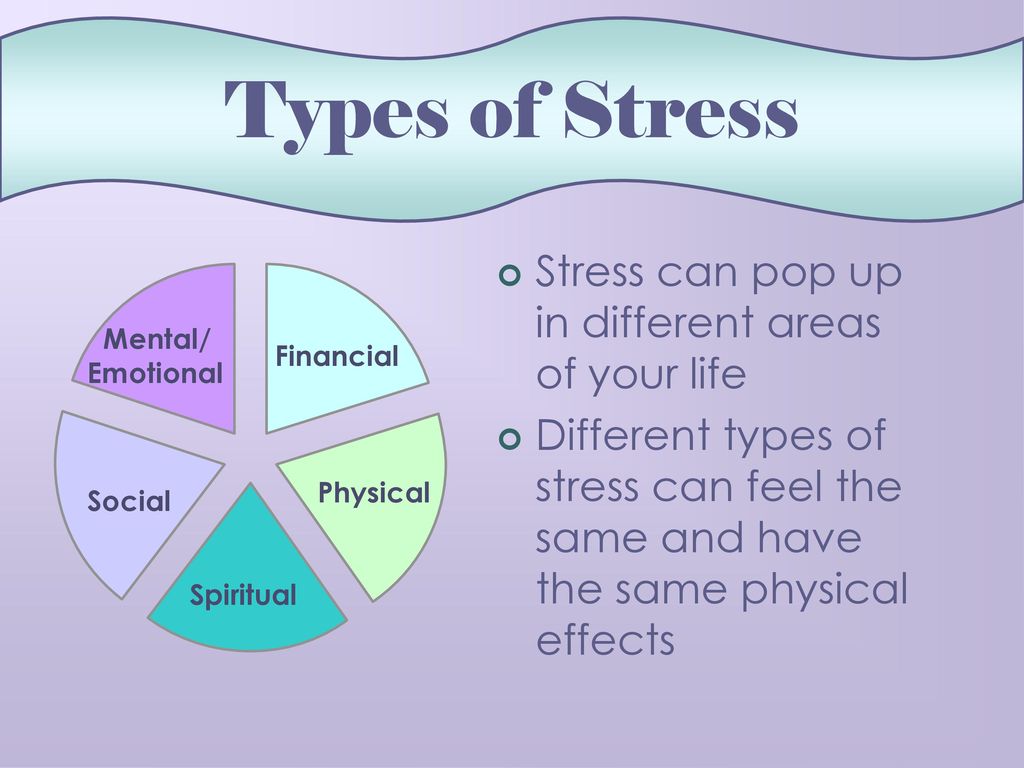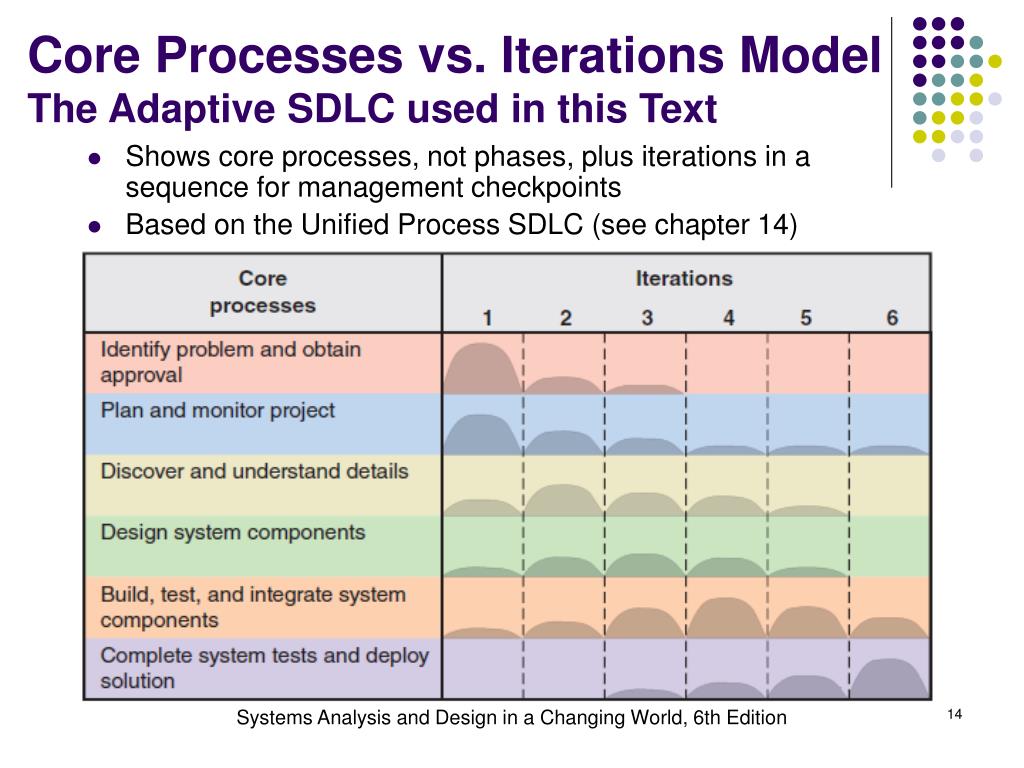Effective learning habits
Study Habits of Highly Effective Students
by Becton Loveless
The key to becoming an effective student is learning how to study smarter, not harder. This becomes more and more true as you advance in your education. An hour or two of studying a day is usually sufficient to make it through high school with satisfactory grades, but when college arrives, there aren't enough hours in the day to get all your studying in if you don't know how to study smarter.
While some students are able to breeze through school with minimal effort, this is the exception. The vast majority of successful students achieve their success by developing and applying effective study habits. The following are the top 10 study habits employed by highly successful students. So if you want to become a successful student, don't get discouraged, don't give up, just work to develop each of the study habits below and you'll see your grades go up, your knowledge increase, and your ability to learn and assimilate information improve.
1. Don't attempt to cram all your studying into one session.
Ever find yourself up late at night expending more energy trying to keep your eyelids open than you are studying? If so, it's time for a change. Successful students typically space their work out over shorter periods of time and rarely try to cram all of their studying into just one or two sessions. If you want to become a successful student then you need to learn to be consistent in your studies and to have regular, yet shorter, study periods.
2. Plan when you're going to study.
Successful students schedule specific times throughout the week when they are going to study -- and then they stick with their schedule. Students who study sporadically and whimsically typically do not perform as well as students who have a set study schedule. Even if you're all caught up with your studies, creating a weekly routine, where you set aside a period of time a few days a week, to review your courses will ensure you develop habits that will enable you to succeed in your education long term.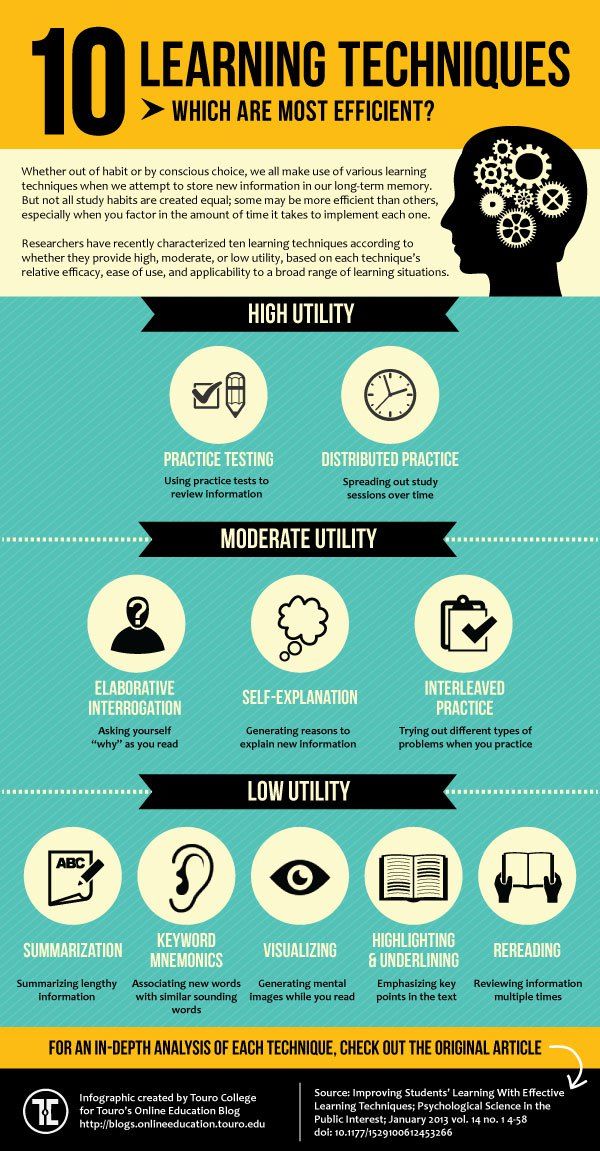
3. Study at the same time.
Not only is it important that you plan when you're going to study, it's important you create a consistent, daily study routine. When you study at the same time each day and each week, you're studying will become a regular part of your life. You'll be mentally and emotionally more prepared for each study session and each study session will become more productive. If you have to change your schedule from time to time due to unexpected events, that's okay, but get back on your routine as soon as the event has passed.
4. Each study time should have a specific goal.
Simply studying without direction is not effective. You need to know exactly what you need to accomplish during each study session. Before you start studying, set a study session goal that supports your overall academic goal (i.e. memorize 30 vocabulary words in order to ace the vocabulary section on an upcoming Spanish test.)
5. Never procrastinate your planned study session.
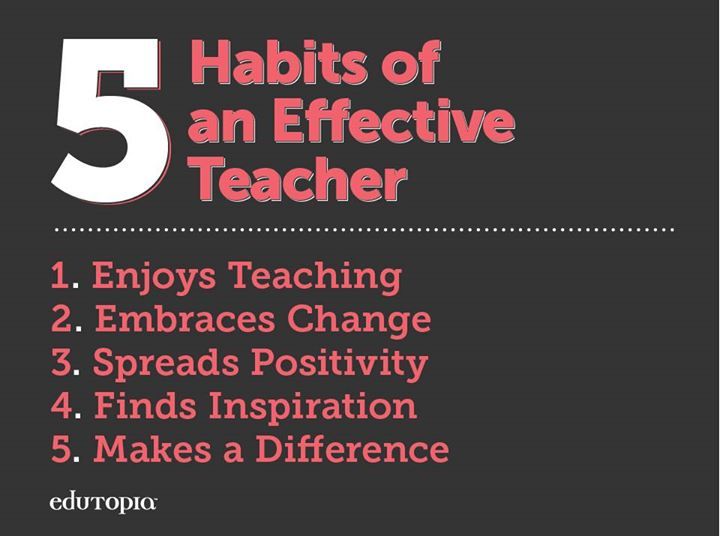
It's very easy, and common, to put off your study session because of lack of interest in the subject, because you have other things you need to get done, or just because the assignment is hard. Successful students DO NOT procrastinate studying. If you procrastinate your study session, your studying will become much less effective and you may not get everything accomplished that you need to. Procrastination also leads to rushing, and rushing is the number one cause of errors.
6. Start with the most difficult subject first.
As your most difficult assignment or subject will require the most effort and mental energy, you should start with it first. Once you've completed the most difficult work, it will be much easier to complete the rest of your work. Believe it or not, starting with the most difficult subject will greatly improve the effectiveness of your study sessions, and your academic performance.
7. Always review your notes before starting an assignment.
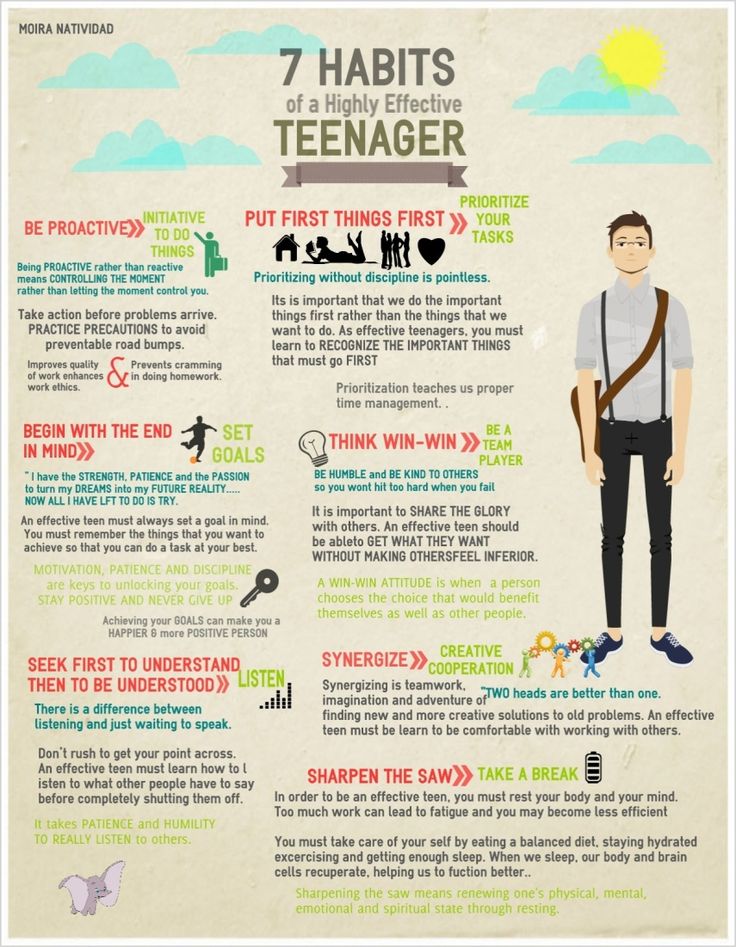
Obviously, before you can review your notes you must first have notes to review. Always make sure to take good notes in class. Before you start each study session, and before you start a particular assignment, review your notes thoroughly to make sure you know how to complete the assignment correctly. Reviewing your notes before each study session will help you remember important subject matter learned during the day, and make sure your studying is targeted and effective.
8. Make sure you're not distracted while you're studying.
Everyone gets distracted by something. Maybe it's the TV. Or maybe it's your family. Or maybe it's just too quiet. Some people actually study better with a little background noise. When you're distracted while studying you (1) lose your train of thought and (2) are unable to focus -- both of which will lead to very ineffective studying. Before you start studying, find a place where you won't be disturbed or distracted. For some people this is a quiet cubicle in the recesses of the library. For others it is in a common area where there is a little background noise.
For others it is in a common area where there is a little background noise.
9. Use study groups effectively.
Ever heard the phrase "two heads are better than one?" Well this can be especially true when it comes to studying. Working in groups enables you to (1) get help from others when you're struggling to understand a concept, (2) complete assignments more quickly, and (3) teach others, whereby helping both the other students and yourself to internalize the subject matter. However, study groups can become very ineffective if they're not structured and if group members come unprepared. Effective students use study groups effectively.
10. Review your notes, schoolwork and other class materials over the weekend.
Successful students review what they've learned during the week over the weekend. This way they're well prepared to continue learning new concepts that build upon previous coursework and knowledge acquired the previous week.
We're confident that if you'll develop the habits outlined above that you'll see a major improvement in your academic success.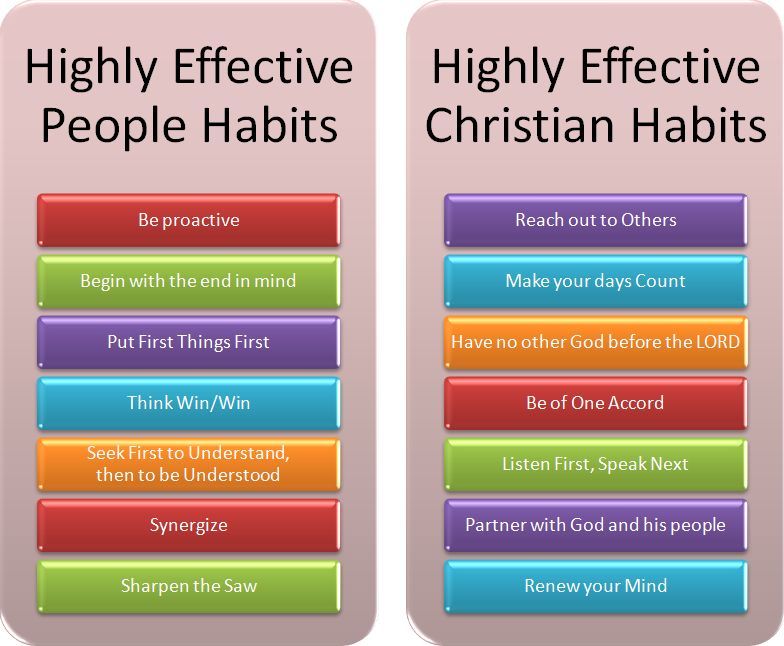
8 Evidence-Based Study Habits: What Research Says Work
Effective study habits can help you achieve better grades.
Maybe you’re one of the many college students working toward a specific career goal. Or, you might be undecided but earning credits to transfer later. You could even be an enterprising teen looking to work “smart” not just “hard.”
Either way, you likely want to make the best use of your time by optimizing your study habits.
There are a few simple strategies that can help. Learning how to study smarter can make the difference between passing and excelling in school.
If you’re test prepping a topic that’s one of your favorites, chances are the process is comfortable and effective.
But what about a less interesting course, or a day when you’re distracted? It’s human nature to experience low motivation and reduced focus, which can interfere with your learning objectives.
Effective study habits can have a positive impact. A consistent study routine can support you through issues like poor time management that can interfere with your progress.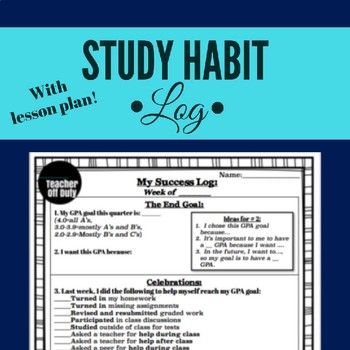
8 general effective study habits to boost your grades
- Adopt the right study mindset
- Know the class expectations
- Choose an effective study location
- Have the right study materials
- Use helpful study strategies
- Network with peers
- Set a schedule you can follow
- Practice self-care
If you’re looking for a way to increase your academic success, a good place to start is by improving your study habits.
Adopting the right study mindset
Your attitude toward studying may influence the outcome.
It’s not just about thinking positively. Research from 2017 shows that a growth mindset is linked to achievement more than a fixed mindset.
A growth mindset is a belief that you can change the outcome with perseverance and effort. A fixed mindset is a belief that things can’t be changed.
Positive thinking can get you through the more challenging study sessions. Try not to compare yourself to other people and avoid catastrophic or absolute thinking.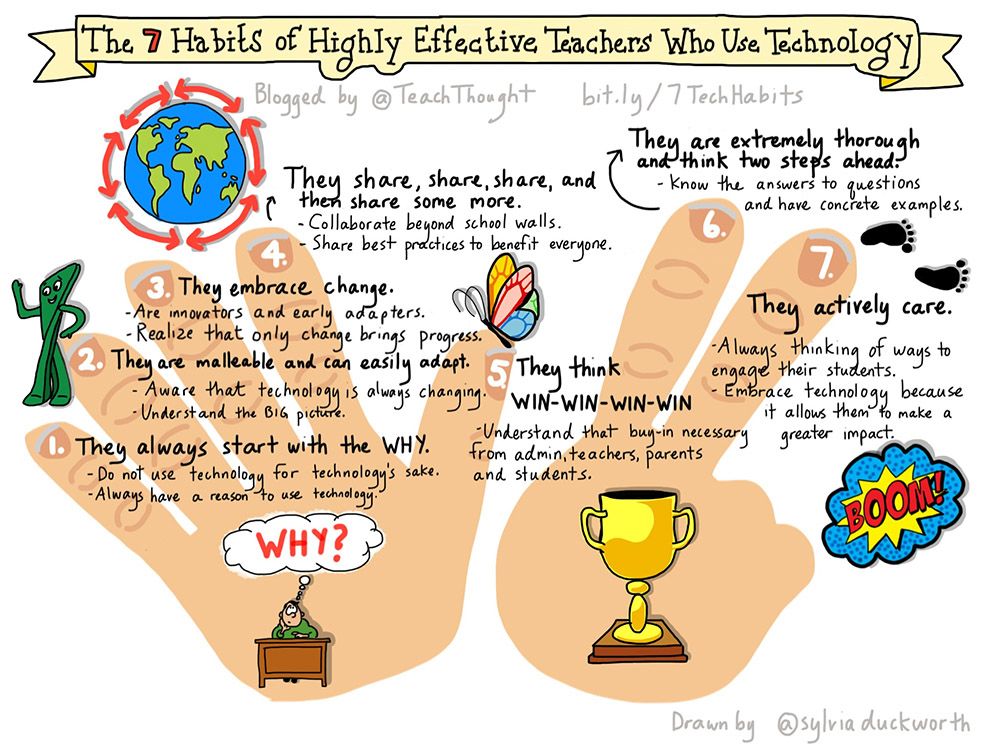
For example, instead of fretting that you don’t have enough time, you could remind yourself that some studying is better than nothing. Rather than fixating on a poor grade, you might ask yourself how you can do better next time.
Knowing the course expectations
There’s more to academic success than subject mastery and test prep. Course expectations are also important.
Your instructor’s policy for late assignments and class participation are two examples of the type of information that can help you.
Another example is being aware of the required format for written assignments. Following this type of instruction can ensure that you get the best possible grades for your efforts.
Choosing an effective study location
A suitable study location is one where you’re comfortable and able to focus. For some people, this might be a park under a shady tree. Others might prefer the hushed and studious environment of a library.
You might have a room at home where you can close a door for quiet.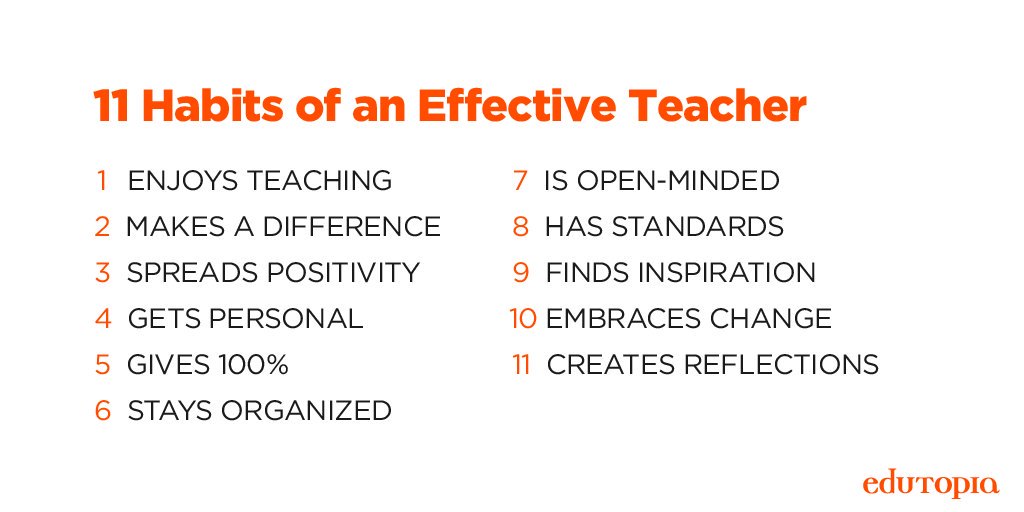 However, if you live in a busy household, it might be easier to plan a trip to the library rather than repeatedly trying to disconnect from everything happening around you.
However, if you live in a busy household, it might be easier to plan a trip to the library rather than repeatedly trying to disconnect from everything happening around you.
Having the right study materials
Imagine you’re getting ready to study for an exam from an outline that the teacher has provided, but you can’t find the outline. Now your studying will no longer be a specific and focused activity. Instead, it would be a guessing game.
Having the right study materials can save you time, and could make your efforts more effective.
Using helpful study strategies
Sometimes simply reading your notes in your head doesn’t work as well as you’d like. If this is the case, you can try some other study techniques to produce better results:
- rewrite your notes
- outline your notes
- use memory tricks like mnemonic devices
- make flashcards
- restate concepts in your own words
Networking with peers
If you’d rather study with friends than alone, there’s research to suggest this approach is beneficial.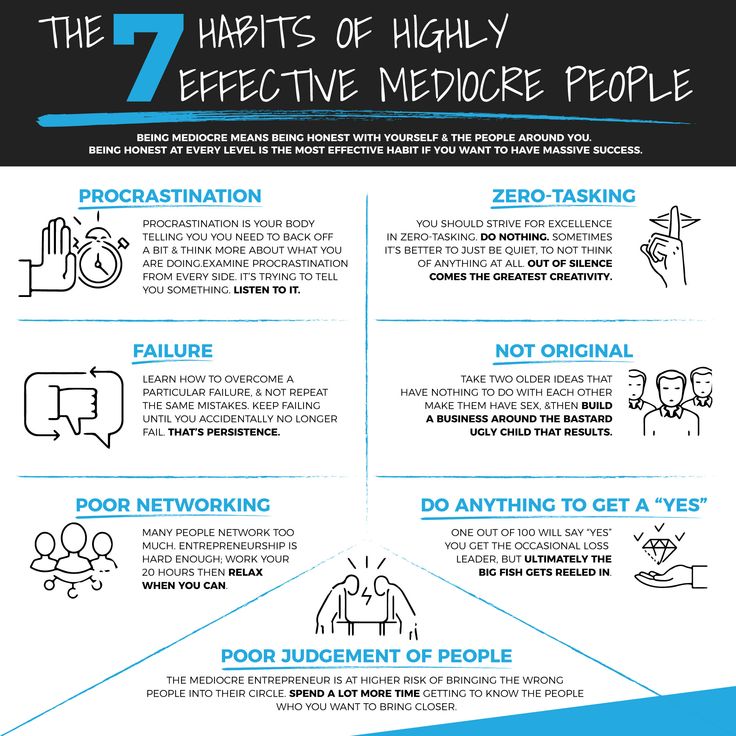
A 2016 Australian study revealed that students odds of failing a pathology course (based on midsemester quiz marks) reduced significantly (by their final exam) when they used a study buddy support (SBS) system.
Meanwhile, the students who studied alone didn’t experience as much improvement by their final exams.
It might be worthwhile to look for study groups or create one yourself. An added benefit could be a consistent study schedule if the group meets at the same time on the same days every week.
Setting a schedule you can follow
If you wait to study until you’re inspired, there’s a chance you’ll find yourself cramming the night before each test. Instead, a study schedule can help you plan regular study sessions.
Share on Pinterest
This means you’ll have a chance to review previous material. You’ll also be able to study the same topic enough so that you know it well.
It’s a sound idea to have a realistic schedule. Scheduling study time for several hours every night may be ambitious, but it can also lead to burnout.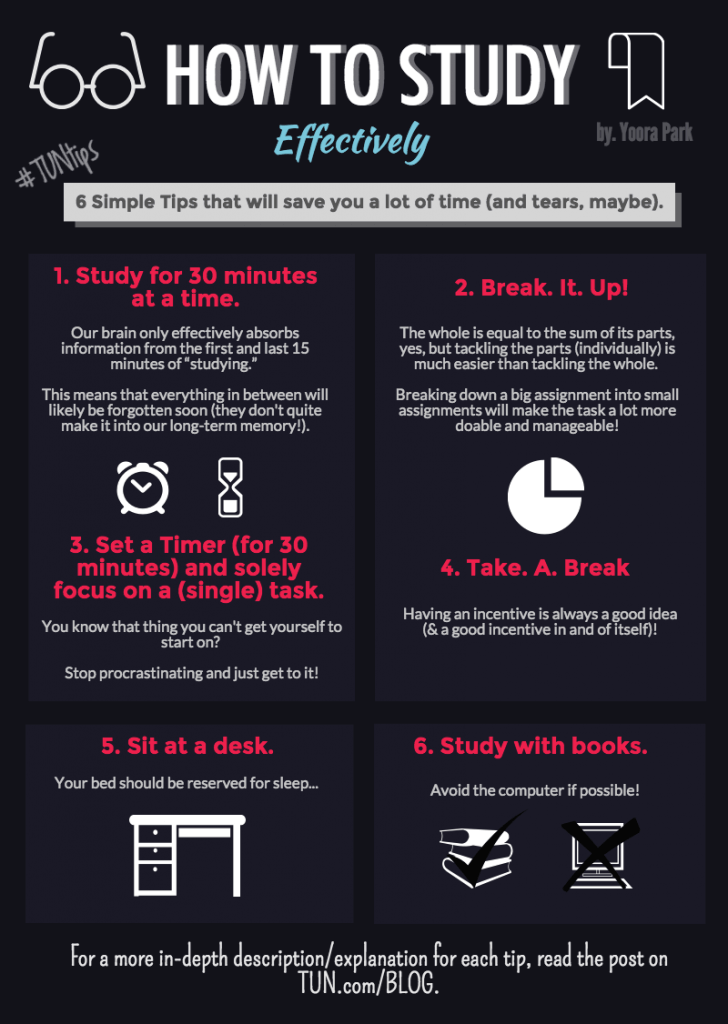
Time management can maximize the effectiveness of your schedule. For example, if an upcoming test will cover four units of class material and you have 12 study sessions before the test, you can use three study sessions for each unit.
Practicing self-care
Self-care can affect academic success. For example, it’s easier to pay attention when you’ve had enough sleep.
Proper hydration also affects how well your brain functions. A 2015 study of 52 children ages 9-12 found that kids who were better hydrated had increased cognitive performance in areas including attention and working memory.
A healthy diet helps studying too. To function at its best, your brain needs nutrition from foods like:
- fruits
- vegetables
- leafy greens
- nuts and seeds
- oily fish
- olive oil or avocado oil
- eggs
- avocados
You can also try a supplement for cognitive function and memory, like Ginkgo Biloba. It’s a good idea to let your doctor know about any supplements you’re taking.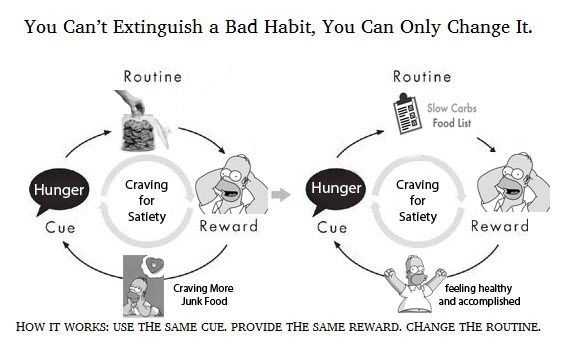
Building helpful habits is only part of academic success. It’s also helpful to know which habits can interfere with your progress.
Procrastination
If you’ve ever looked for excuses to avoid schoolwork, you’re not alone. Most students have procrastinated at some point, choosing more enjoyable activities over assignments and studying.
However, procrastination often leads to rushed and sloppy work. It also means you won’t have enough time to properly prepare for tests. If you find yourself frequently procrastinating, something more could be afoot. Procrastination is linked to some mental health challenges and conditions:
- Procrastination: A Cause or Symptom of Depression?
- How to Stop Procrastinating If You Live with ADHD
- All About ADHD Paralysis
Cramming
Cramming, or last-minute studying the night before an exam isn’t as effective for transferring learned material to long-term memory.
Instead, spaced retrieval practice is more effective.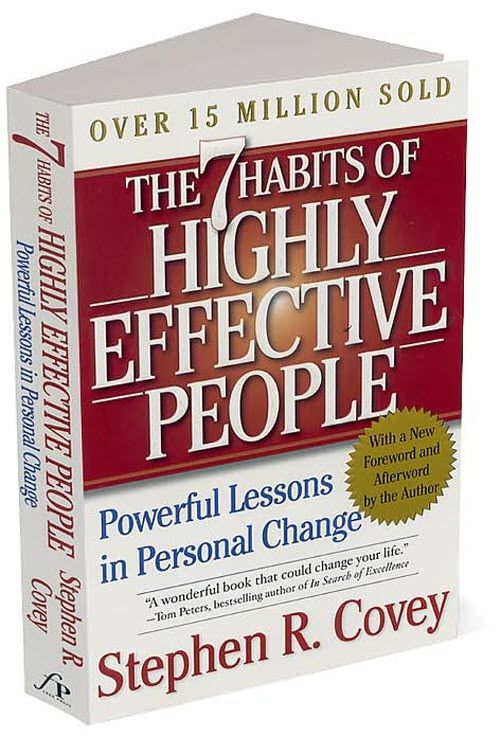 This refers to allowing some time to pass between each time you practice. Spaced retrieval is even more effective when it’s varied, which means switching topics during a study session.
This refers to allowing some time to pass between each time you practice. Spaced retrieval is even more effective when it’s varied, which means switching topics during a study session.
Multitasking with entertainment
Imagine: The TV is on with your favorite show. Your best friend is livestreaming an event she’s attending. You might think you can multitask, 2019 research deep dives to debunk the media multitasking myth.
Not asking for help when you need it
Information can be cumulative, particularly in subjects like math. If there’s a concept you don’t understand and you sweep it under the rug, this could make it hard to learn new material that comes after.
Asking for clarification also helps the teacher. If enough students are stuck at a certain point, this is an indicator that the teaching materials may need tweaking.
For many people, studying effectively is the difference between a pass and a good grade — between learning the material versus just memorizing it to regurgitate on a test.
Developing practical study habits makes learning easier. Setting a schedule, practicing self-care, and accessing peer support are some examples of actions you can take to help you reach your goals.
7 useful educational habits
The international educational platform Global Education Futures and the international association WorldSkills Russia have prepared a report on the skills that a person will need in the future.
Among the basic skills of the 21st century, experts named the ability to (self) learn: “In a rapidly changing world, a person will have to continue learning throughout his life, sometimes mastering new skills on his own.” So, now is the time to introduce useful educational habits into your life. nine0004
Always set yourself up for success
Some people fail to achieve high results because they treat their studies as an unpleasant duty.
The learning process is really often associated with routine and requires hard work.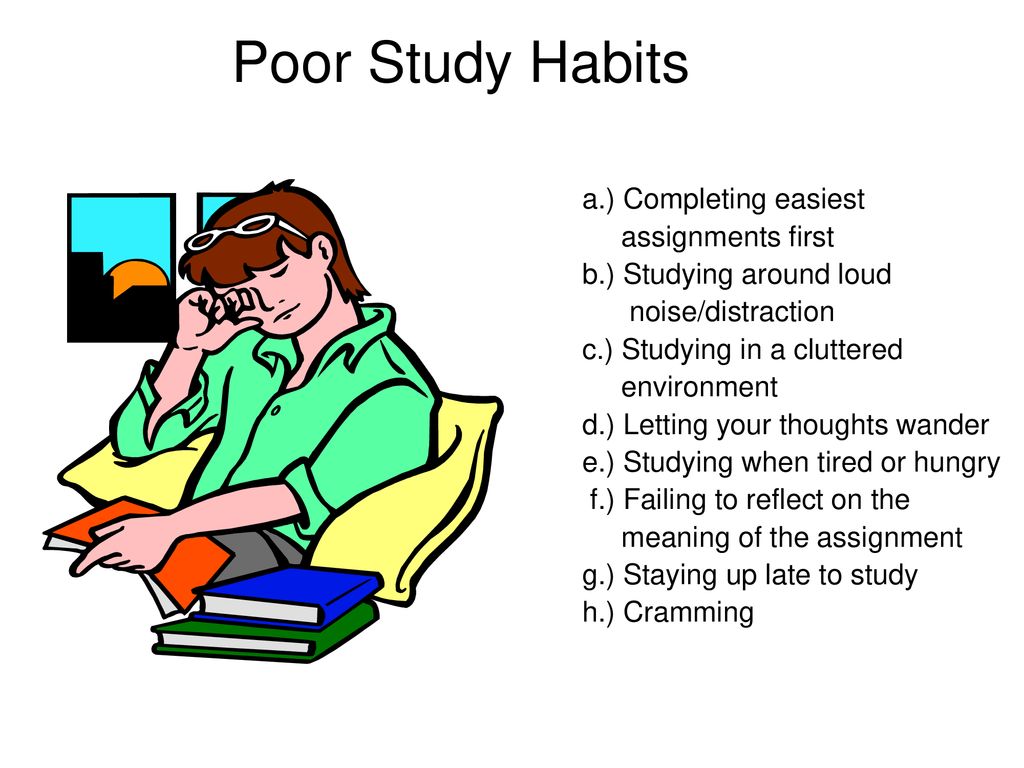 And the most annoying thing is that the result of this work is not tangible and appears only later.
And the most annoying thing is that the result of this work is not tangible and appears only later.
The first and most important rule that you should introduce for yourself is: no matter how hard it is, look for the positive aspects of the educational process. nine0003
Stop labeling yourself ("I'll never understand algebra!", "I'm too stupid for that," and so on). You can't prepare to lose!
Good attitude - 50% success! Instead of thinking, "I won't have enough time to prepare," say to yourself, "If I start teaching right now, I'll be able to learn most of the material."
Take notes
Notes help you comprehend and remember information. The main thing is to make notes correctly:
- Do not take shorthand after the teacher. Highlight the main ideas and write them down in your own words.
- Try different note-taking techniques such as Cornell note-taking, sketchnoting, or mind maps. Choose the one that works best for you.
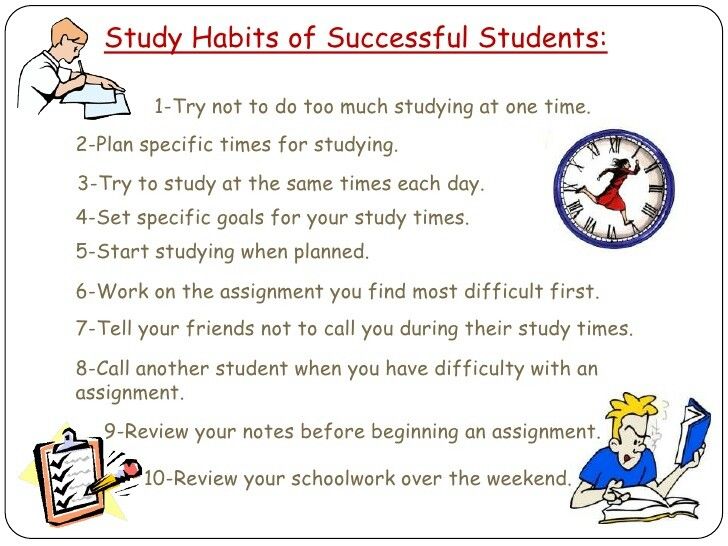
- For the classic method, use abbreviations, colored pens and underlining. This contributes to better assimilation of the material and helps to navigate the records.
<
Train your memory
You must have heard that people who master mnemonics miraculously remember large amounts of information. In fact, there is no magic. You just need to learn how to work with associations and master several memorization techniques.
A popular technique is the mnemonic room, or the Cicero method. According to legend, the philosopher never used cheat sheets in his speeches. He reproduced many facts, quotations, historical dates and names from memory. In preparation for performances, Cicero walked around his house and mentally placed in it the key points of the speech. nine0003
Try also to “attach” objects to the familiar area that you need to remember. It can be anything - from poetic lines to chemical formulas.
Review the material
Just reading the material is not enough.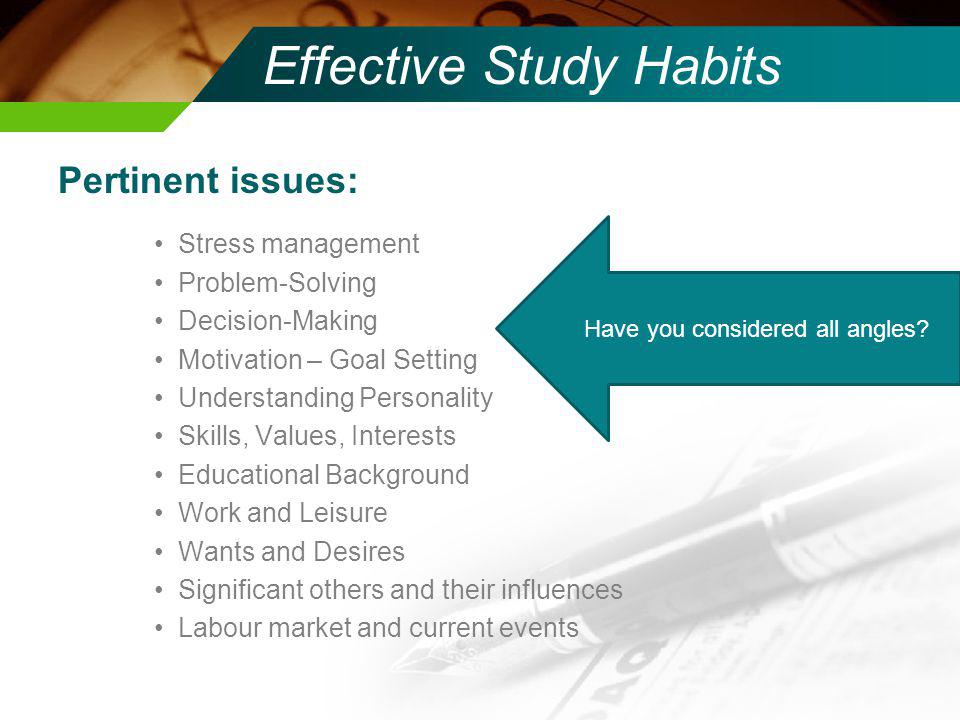 To master it qualitatively and for a long time, you need practice (problem solving or applied application), as well as regular reproduction.
To master it qualitatively and for a long time, you need practice (problem solving or applied application), as well as regular reproduction.
Psychologists believe that it is most rational to repeat the material in a certain pattern. For example like this. nine0003
- First repetition 15-20 minutes after class.
- Second repetition - after 2 hours.
- The third repetition - the next day or a day later.
- Fourth repetition - after 3 days.
- Fifth repetition - in a week.
- Sixth repetition - in a month.
- Seventh repetition - after six months.
- Eighth repetition - in a year.
Repetition with cards and work in groups are equally effective. Group discussion helps to clarify difficult points and structure knowledge. In addition, this approach gives more motivation - you are unlikely to want to lose face in front of other participants in the discussion. nine0004
Stick to the schedule
If you manage your time properly during the school year, you won't have to arrange many hours of marathons with textbooks before exams.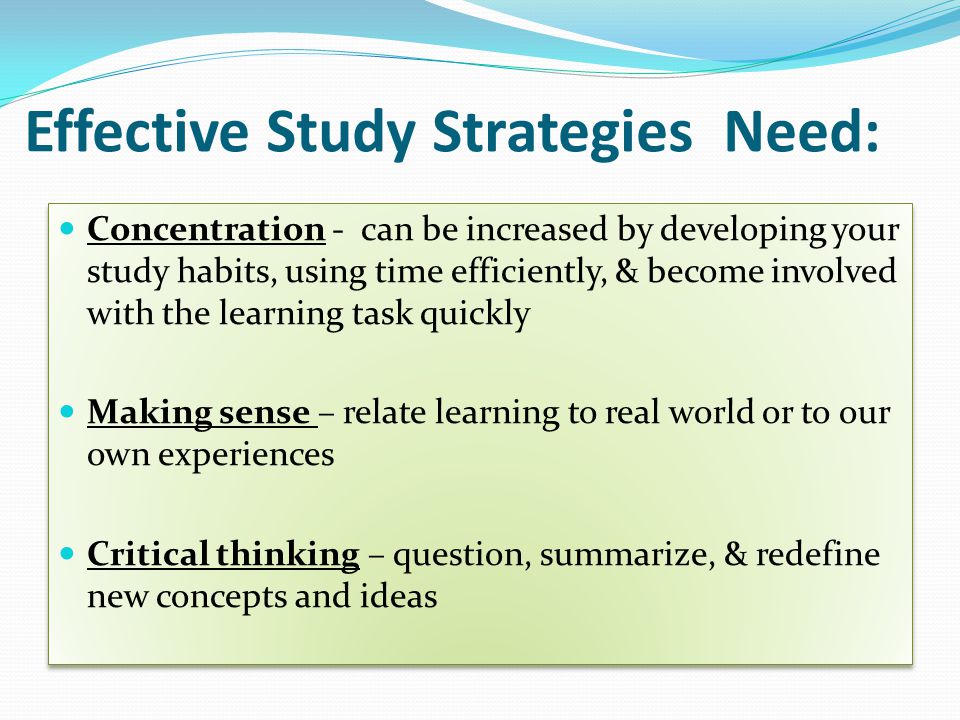 If you stop procrastinating, you won't have to rush.
If you stop procrastinating, you won't have to rush.
Stress-free study means punctuality and discipline. Proper time management allows you to keep up with everything and frees up time for hobbies.
Set a schedule that you can actually stick to. Be sure to make time for proper sleep and walks. It is convenient to follow the schedule through a mobile application. nine0004
Keep a balance between workload and rest
One should not get hung up on studies (as well as “forget” about it). Strive for harmony! Here are the basic rules that will help you:
- Try to get up and go to bed at the same time. Sleep 7-8 hours a day.
- Eat right. In your diet all year round should be vegetables and fruits.
- Exercise. Some proteins necessary for the brain are intensively produced only during physical activity. It is not necessary to go to the gym - a simple exercise and a walk already significantly improve cognitive functions.
 nine0030
nine0030 - Take a five-minute break every 25-30 minutes of intense mental activity. Studies show that after about half an hour, concentration drops, and it becomes difficult to remember something. During breaks, the brain “transfers” information into long-term memory. You should not open social networks or watch TV shows during your vacation - a new flow of information will not allow you to relax. It is better to drink tea or just lie down with your eyes closed.
Reward yourself for success
When you achieve an educational goal, no matter how big, reward yourself. We closed all the debts for homework, wrote a test with a "five" or perfectly passed the exam - praise and treat yourself. You can buy your favorite chocolate bar, play a computer game or spend the whole day with friends.
Even small but real rewards will increase your motivation to study and reinforce the habits you develop.
5 effective study habits to learn
Study is what students usually do because needs , not because wants .
That's why so many people are cramming. They believe that if they simply try to absorb as much information as possible right before the test, they can save time and still do well on the exam.
But cramming is not very effective. Even if the information stays in memory long enough to pass the test, all of it will soon be forgotten. Last-minute learning rarely allows information to enter your long-term memory. nine0004
This means that in the final you will have to learn everything all over again.
And when classes are over, you will most likely forget almost everything you have learned. What's the point of going to school if you don't get an education? If you don't learn anything?
If you study better, you will be able to save information not only for the exam, but for the rest of your life. This can save you significant time and energy in the long run. Even in the short term, if you study more effectively, you can avoid a lot of stress and wasted time. nine0004
nine0004
Here are some simple tips on how to study better.
1. Pay attention in class
It's crazy, I know, but if you're really paying attention in class and taking notes, it makes learning a lot easier. Why? Because when it's time to study, you'll be reminding yourself of the information you already know instead of learning it for the first time.
Learning begins in the classroom, not outside. (By class we don't necessarily mean "physical audience", of course)0004
2. Set the time
It's scary to imagine how easy it is to push back your study time. The person tells himself that he will study later, until the time is up and the day of the exam arrives. Instead of waiting until free time appears in your schedule, make studying a part of your schedule.
Set a time and stick to it.
Do not set only one single time either.....
3. Distribute it
Instead of having one huge pre-test session, break it down into smaller sessions spread over several days.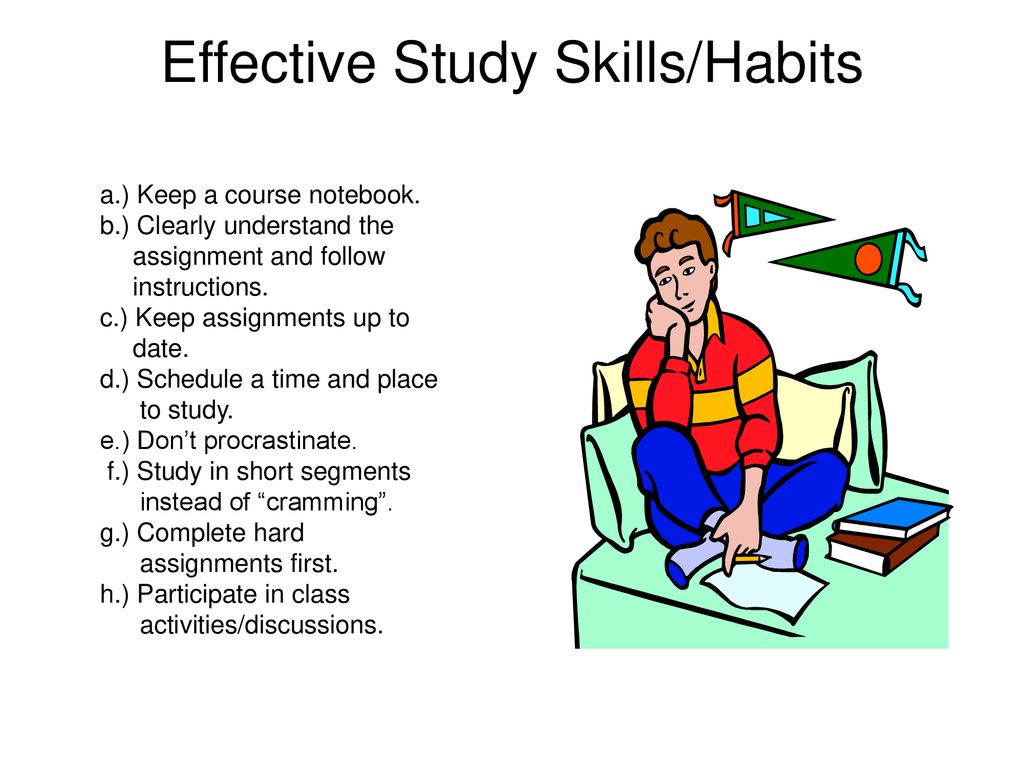 Break the subject down into different pieces of information and focus on only one of them in one session.
Break the subject down into different pieces of information and focus on only one of them in one session.
Since they are shorter, it is much easier to fit studies into your regular schedule.
Because you are trying to learn less at a time, you will retain more information.
Not only will it be easier for you to digest the information, but you will also feel like you have more time. nine0004
4. Choose the right environment
Some people learn best at home. Others need to go outside to take their mind off distractions.
You must find the right place for you, wherever it is. If you don't need to be online, try to stay away from the internet as we all know it is full of distractions. This can be difficult in today's world, especially for students attending an online school. nine0004
The best way to understand how effective your study session is is to evaluate it at the end. After class, check how long they lasted and how much you actually walked.